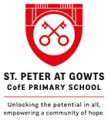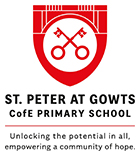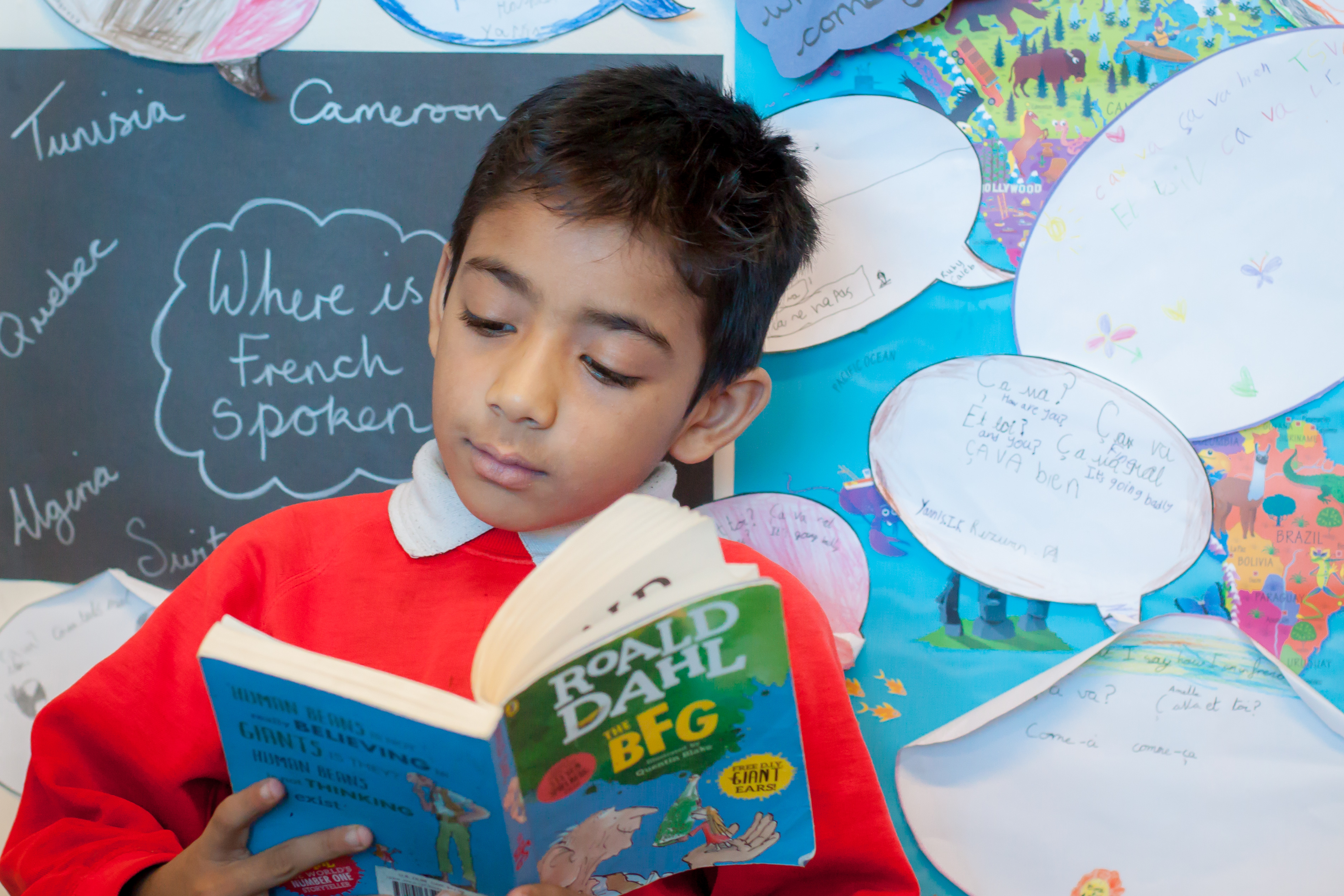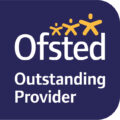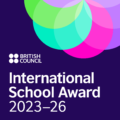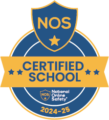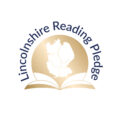Reading and Phonics
“The whole world opened up to me when I learned to read.”
Mary McCleod Bethune
“Reading is the one ability, that once set in motion, has the ability to feed itself, grow exponentially and provide a basis from which possibilities are limitless.”
Michael Morpurgo
Reading Intent Statement:
At St Peter at Gowts, our reading curriculum is inspiring and creative unlocking potential in all. Our curriculum seeks to ensure that all learners flourish through challenge, support and a broad and balanced curriculum rooted in shared values and consistently high expectations while striving for excellence.
The St Peter’s Reading curriculum is fashioned through our golden threads of values, inspiration, excellence, and community.
At St Peter at Gowts CE Primary School, we view reading as the gateway to the curriculum. We work towards unlocking potential in all and know that reading is key factor contributing to academic success and lifelong learning.
Through our ambitious and inspiring reading curriculum, we strive to teach children to become fluent, confident and able readers, who enjoy reading a wide range of texts. Teachers are passionate about reading and seek to foster a love of reading in all.
Our consistently high expectations ensure that, through challenge and support, all learners will be able achieve and see themselves as readers. Through our reading curriculum, we strive to achieve excellence for all. Staff are highly trained and skilled to support those who find reading difficult and ensure that if learners need support, they receive this quickly and this is carefully monitored to ensure effectiveness.
Through our cohesively planned and progressive curriculum, learners are equipped with word reading skills and language comprehension knowledge to be able to access and engage with a wide range of diverse texts. They will ‘learn to read’ and then ‘read to learn’.
Values – Our reading curriculum embraces our school and British values through the diverse and varied texts studied and different reading stimuli. We aspire that the reading curriculum uses books as ‘windows, mirrors and doors’ with all children being able to use texts to transport them to new worlds, give them insights into the lives of others and see themselves and their lives in the characters and plots.
Inspirational – Our inspiring reading curriculum is rooted in the foundations of reading. All learners engage with a wide variety of high-quality texts, including fiction, non-fiction and poetry.
Community – Throughout our reading curriculum, children will develop their understanding of communities around the wider world through texts studied and contexts explored. Our wealth of books celebrates our entire school community, and we take pride in all children being able to ‘see’ themselves in the books on the shelves.
Excellence- Our cohesively planned reading curriculum allows all children to achieve and see themselves as readers. All learners know the importance of reading. Our staff are expert teachers of reading, who model and foster a love of reading and prioritise the importance of the teaching of word reading, fluency and comprehension.
Reading implementation:
The systematic teaching of phonics is of high priority in EYFS and KS1 (and into KS2 as required).
- All learners in Reception and KS1 (on the phonics programme) have daily phonics sessions using the ‘Read Write Inc’ systematic synthetic phonics programme.
- Read Write Inc. is a method of learning letter sounds and blending them together to read and write words.
- Teachers draw upon observations and continuous assessment to ensure learners are stretched and challenged and to identify those who may need additional support.
- Learners work through the different stages, learning and developing their phonics sounds and knowledge.
- Specific phonics interventions continue into KS2 for those children who did not pass the phonics screening or who need additional phonics support.
- We recognise that systematic, high quality phonics teaching is essential but additional skills and opportunities are needed for pupil to achieve the goal of being a well-rounded reader, namely fluency and comprehension.
Language and reading comprehension are taught throughout the school and across the curriculum. This takes on a variety of different forms from book talk to discrete whole class reading sessions.
- From Y2 upwards, when learners have completed the Read Write Inc. programme, reading comprehension strategies are explicitly taught through engaging and responding to different texts.
- Texts are carefully chosen by teachers from our personalised school reading spine and are linked to subjects across the curriculum, where appropriate.
- In reading sessions, all learners participate in both whole class and small group reading sessions, engaging and responding to texts.
- Through challenge and support, all learners can achieve.
- Within reading sessions, key reading strategies are explicitly taught.
- The Reciprocal Reading intervention is used to support those learners who need additional instruction linked to comprehension.
Reading fluency is prioritised.
- Every reading session dedicates time for reading and developing fluency through use of strategies such as guided oral reading instruction and repeated reading.
- Opportunities for learners to read aloud are plentiful, as well as the opportunity for them to listen to staff read aloud. Daily story time happens in every classroom.
- The 6Ps (pace, passion, pause, pitch, punctuation and power) are used to support the teaching of reading fluency and referenced during teacher feedback and peer discussions.
- Assisted/supported reading sessions (learners reading 1:1 with teachers and teaching assistants) are in place for all children who need the additional support. Throughout these intervention sessions, a focus is placed on fluency, using guided oral instruction and clear feedback to aid improvement and progression.
- Fluency intervention sessions also run across school using the Herts for Learning approach. This may take on the form of whole class or small group instruction.
- All learners read aloud daily during phonics, whole class or group reading sessions. In addition to this, Pupil Premium children and those in the First 30% read several times a week with staff or reading volunteers.
We recognise the importance of developing a rich and extensive bank of vocabulary and how this links closely to being a confident and able reader.
- Teachers ensure that new and difficult vocabulary is pre-taught and that all children have the necessary skills to unpick word meanings in context when unsupported by an adult.
- Vocabulary teaching plays a pivotal role in every reading session.
- We recognise the importance in setting children up for success and getting them into the ‘territory of the text’ (James Durran) and the vital role vocabulary plays in this.
Books shared with children are age-appropriate and matched to the level of the class/individual.
- Learners working on R W Inc. programme have home reading books matched to their current phonics level but are also encouraged to choose an additional book to share with their family at home (the second book is to encourage further reading and ensure children have access to multiple books at home – this is a reading for pleasure book).
- Once children are off the R W Inc. programme and can read automatically and effortlessly and new words speedily, they move onto age-appropriate books for their year group. Teachers have carefully selected texts for each year group in school.
All classes are exposed to a daily class reader, for pleasure, to excite and engage the learners, and to expose them to new and varied vocabulary. All books shared with children are age appropriate and matched to the level of the class, taken from our personalised school reading spine.
Reading impact:
As a Year 6 reader transitioning into secondary school, we aspire that all learners are fluent, confident and able readers, who can access a range of texts for pleasure and enjoyment, as well as use their reading skills to unlock learning and all areas of the curriculum.
We firmly believe that reading is the gateway to the curriculum and the key to unlocking all learning and so the impact of our reading curriculum goes beyond the results of the statutory assessments.
